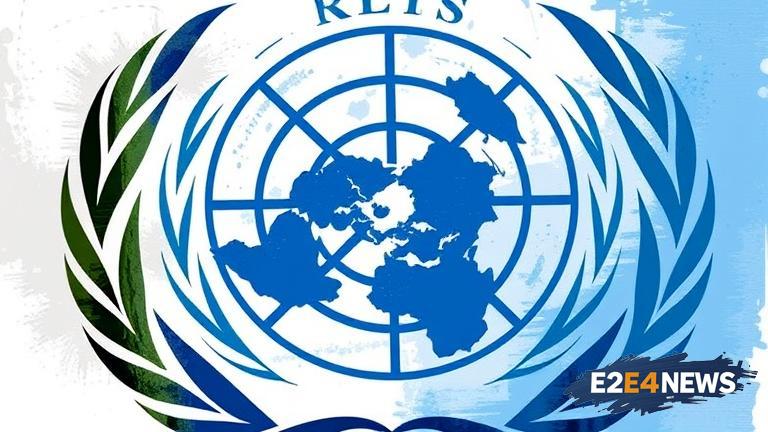The Irish President has made a significant call to action, urging the UN Secretary-General to invoke Chapter VII of the UN Charter against Israel. This move is aimed at addressing the ongoing human rights concerns and promoting a peaceful resolution to the conflict. The President’s statement comes at a time when tensions between Israel and Palestine continue to escalate, with reports of violence and displacement affecting countless civilians. The invocation of Chapter VII would grant the UN Security Council the authority to take enforcement measures, including economic sanctions and military action, to maintain or restore international peace and security. The Irish President’s appeal is not an isolated incident, as many countries and organizations have expressed concern over Israel’s actions in the region. The international community has been vocal about the need for a two-state solution, with both Israel and Palestine coexisting peacefully. However, the current situation on the ground paints a different picture, with Israel’s settlement expansion and military operations being major points of contention. The UN Charter’s Chapter VII is a powerful tool that can be used to address threats to peace and security, and its invocation could be a crucial step towards holding Israel accountable for its actions. The Irish President’s statement has been welcomed by many, who see it as a necessary step towards promoting peace and justice in the region. However, others have expressed concerns that such a move could escalate tensions and lead to further conflict. The situation remains complex, with multiple stakeholders and interests at play. The UN Secretary-General has yet to respond to the Irish President’s call, but the international community is watching closely, eager to see how the situation will unfold. The invocation of Chapter VII would require the support of at least nine members of the UN Security Council, including all five permanent members. The United States, in particular, has been a long-time ally of Israel, and its stance on the issue will be closely watched. The European Union has also been vocal about the need for a peaceful resolution, and its member states may play a crucial role in shaping the international response. As the situation continues to evolve, one thing is clear: the international community must come together to address the ongoing crisis and work towards a lasting peace. The Irish President’s call to action is a significant step in this direction, and it remains to be seen how the UN and its member states will respond. The use of Chapter VII is not without precedent, having been invoked in the past to address conflicts in countries such as Iraq and Libya. However, its application in the context of the Israeli-Palestinian conflict would be a significant development, with far-reaching implications for the region and the world at large. The international community must now consider the Irish President’s call and weigh the potential consequences of invoking Chapter VII. As the world watches, it is clear that the situation in Israel and Palestine will continue to be a major point of focus for the international community, with the pursuit of peace and justice remaining a top priority. The Irish President’s statement has sparked a renewed debate about the role of the UN in addressing the conflict, and it remains to be seen how the organization will respond to the growing calls for action. In the meantime, the people of Israel and Palestine continue to suffer, and it is imperative that the international community takes concrete steps to address the crisis and promote a lasting peace. The invocation of Chapter VII could be a crucial step in this direction, but it is only one part of a broader solution that must involve all stakeholders and address the root causes of the conflict. As the situation continues to unfold, the world will be watching closely, eager to see how the international community will respond to the Irish President’s call to action.





